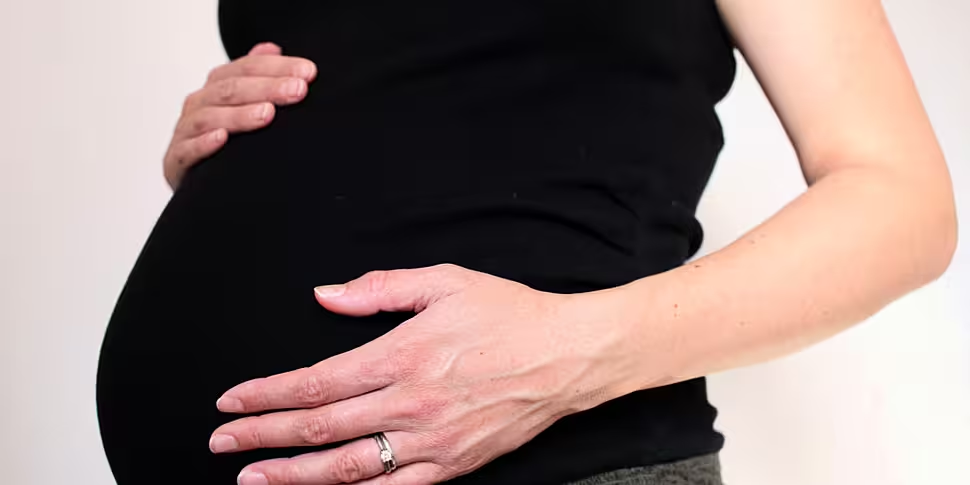Pregnant women are to be prioritised for vaccination under new proposals approved this afternoon.
The National Immunisation Advisory Committee (NIAC) has called for women between 14 and 36-weeks’ gestation to be offered an mRNA vaccine after consultation with their doctor.
The two mRNA vaccines approved for use in Europe are those from Pfizer and Moderna.
NIAC has also approved the use of the Johnson & Johnson vaccine and AstraZeneca vaccine for people over the age of 50.
The group said the single-shot J&J vaccine can also be used for younger people in hard-to-reach communities or when other vaccines are not available.
AstraZeneca was previously limited to people over the age of 60.
Ireland is in line to receive around 600,000 J&J vaccines this quarter and it is hoped the advice will speed up the country’s vaccine rollout in the coming weeks.
The NIAC recommendations were approved by ministers at Cabinet this morning.
Speaking this afternoon, the Taoiseach Micheál Martin said it is now "full steam ahead" for the rollout - noting that some slight reductions in the J&J delivery schedule for this month will not change the forecast for the quarter.
The Taoiseach says it's now "full steam ahead" for the vaccine roll-out plan now that they have 600,000 vaccines this afternoon they didn't have this morning
— Seán Defoe (@SeanDefoe) April 27, 2021
Vaccine studies
Pregnant women were not involved in the original vaccine trials due to historical restrictions on including pregnant people in clinical trials.
A study published in the New England Journal of Medicine last week found both the Pfizer and Moderna vaccines to be safe and effective in pregnant people.
By studying data from the US Centres for Disease Control and Prevention (CDC) V-safe COVID-19 Vaccine Pregnancy Registry, researchers found that there appears to be no increased risk of major pregnancy complications in people who receive the vaccines.
The data showed no increased risk of preterm birth, low-birth weight, miscarriage, or neonatal death in infants born to people who had received them.
COVID pregnancy
NIAC offered its updated advice after seven cases of Covid-related placentitis were reported in Ireland.
The seven cases resulted in six stillbirths and one baby born after emergency intervention.
After the first four cases were identified, the masters of both the Rotunda Hospital and the National Maternity Hospital encouraged pregnant women to get the vaccine as soon as it becomes available.
Meanwhile, studies have shown that, while pregnant women are no more likely to contract COVID-19 than those who are not, those who do contract the virus are more likely to experience serious symptoms.
Pfizer trials
In February Pfizer began a global Phase 2/3 study examining safety, tolerability, and immunogenicity of its vaccine in preventing COVID-19 in healthy pregnant women over the age of 18.
The study will not be complete until later this year, with each woman due to participate in the study for around seven to 10 months.
Johnson & Johnson
NIAC was asked to consider the J&J vaccine after the European Medicines Agency (EMA) said blood clots with low blood platelets should be included among the “very rare” side effects associated with it.
It noted that the benefits of the vaccine continue to outweigh any risk – with eight cases reported among the 7.8 million people who have been given the jab in the US so far.
The EMA had already made a very similar finding for the AstraZeneca vaccine, which led to Ireland limiting its use to people over the age of 60.
That decision was heavily criticised by experts including Trinity Professors Luke O’Neill and Kingston Mills.
With reporting from Michael Staines









